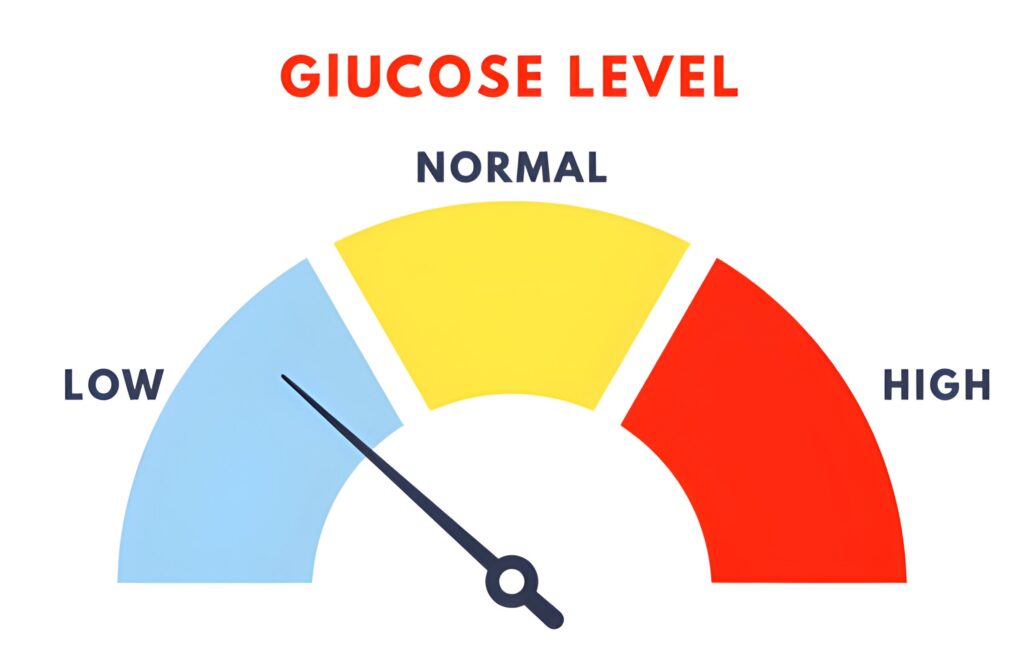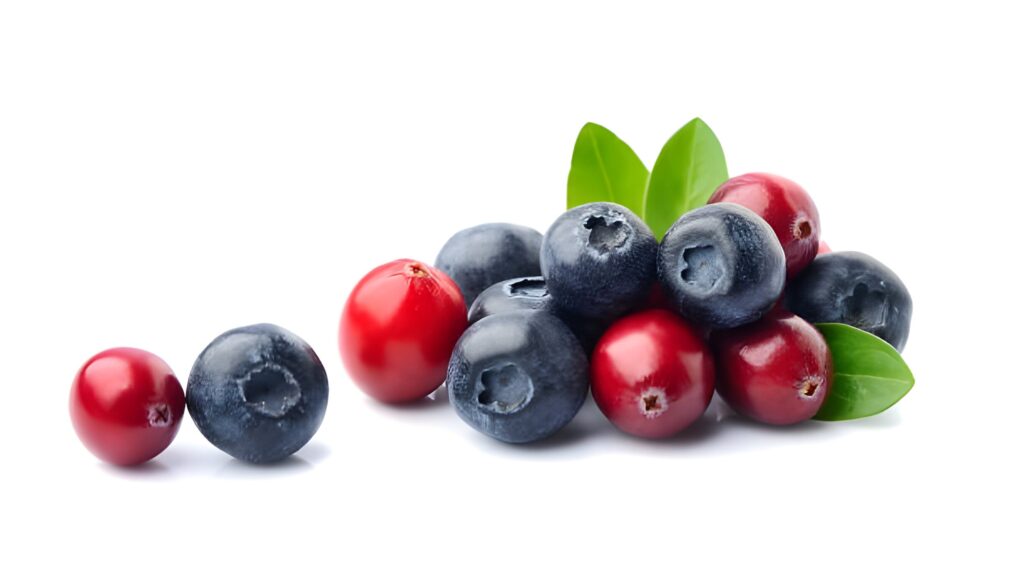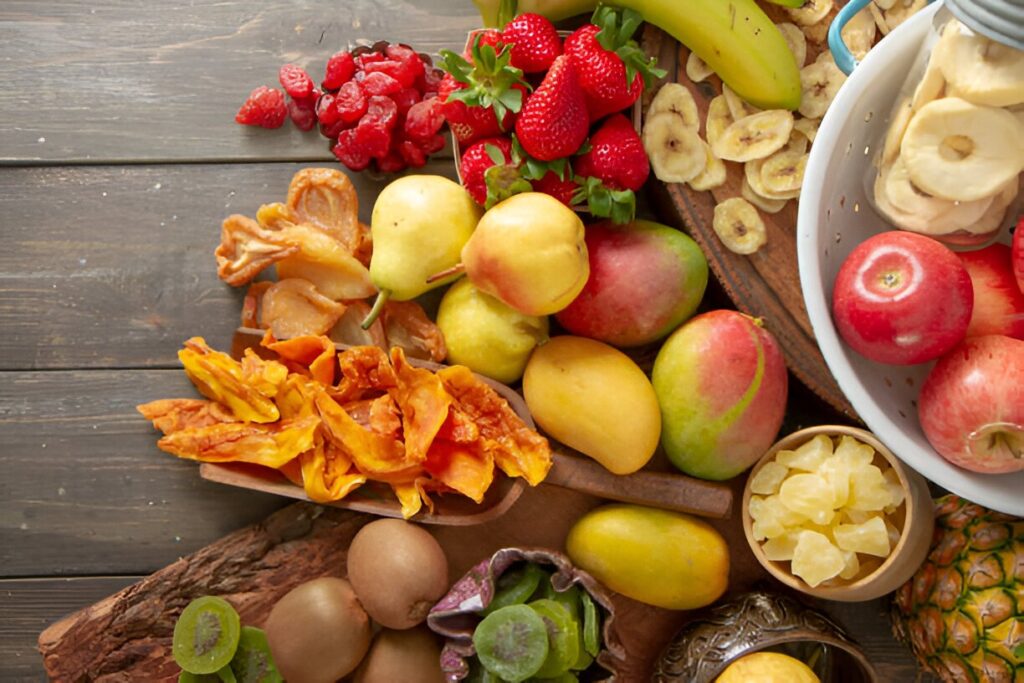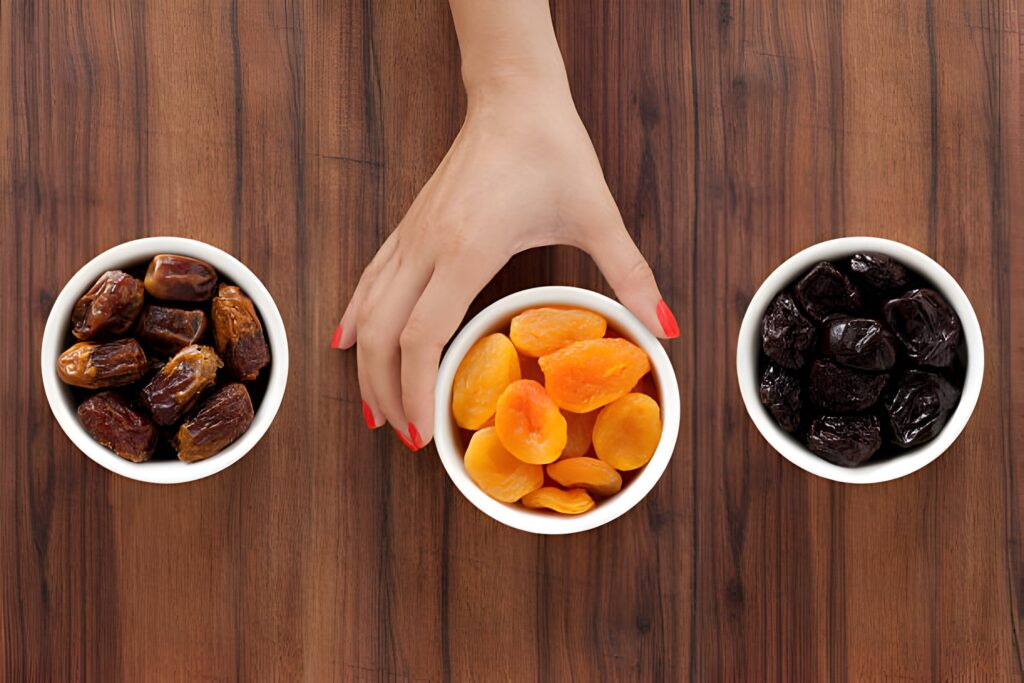In a world where snacking is almost second nature, choosing the right snack can significantly affect one’s health and well-being. Among the plethora of options available, dried fruit emerges as a nutritious snack that offers a variety of benefits, along with convenience and taste. This article will explore why this is a healthy snack choice, what to look out for when selecting, and how to incorporate it into your diet.
1. Nutritional Benefits
Dried fruit is fresh fruit that has had almost all its water content removed through drying methods. This process concentrates the fruit’s nutrients and sugars, providing a nutrient-dense snack.
1.1 Packed with Fiber and Vitamins

One of the foremost benefits is its high fiber content. Fiber aids digestion prevents constipation and can help control blood sugar levels. Dried fruits like figs, apricots, and dates are exceptionally high in dietary fiber.
Moreover, it retains most vitamins and minerals in fresh fruit, such as potassium, iron, and specific B vitamins. For instance, dried apricots are an excellent source of vitamin A, while raisins are rich in iron and potassium.
1.2 Antioxidants Galore

Dried fruits like cranberries, blueberries, and cherries contain potent antioxidants. These compounds combat oxidative stress and reduce inflammation in the body, which can lead to chronic diseases. The drying process may even increase the concentration of these beneficial antioxidants.
1.3 Natural Sweetness Without Added Sugars
It provides a naturally sweet alternative for those looking to curb their refined sugar intake. Unlike many processed snacks with added sugars and artificial flavors, dried fruits can satisfy sweet cravings with natural sugars.
2. Comparing Fresh and Dried Fruit
While both fresh and dried fruits offer health benefits, there are some differences to consider.
2.1 Nutritional Differences

Dried fruits are more calorie-dense and higher in sugar per serving compared to fresh fruits due to the removal of water. However, they still retain most of the vitamins and minerals.
2.2 Caloric Content
Because dried fruit is concentrated, it’s higher in calories than fresh fruit. Moderation is key to avoiding excessive calorie intake.
2.3 Sugar Concentration
Dried fruits have a higher sugar concentration. It’s important to choose those without added sugars to maximize health benefits.
3. Choosing the Right Dried Snack
Not all dried fruits are created equal. When selecting dried fruit as a snack, making informed choices is essential.
3.1 Watch Out for Added Sugars and Preservatives
Some manufacturers add sugars to enhance the fruit’s sweetness, which can significantly increase the calorie content. Additionally, preservatives such as sulfur dioxide are often used to preserve color and prolong shelf life, but these can cause adverse reactions in sensitive individuals.
3.2 Opt for Unsulfured and Unsweetened Varieties
Choose dried fruits free from added sugars and preservatives to reap the full health benefits. Look for labels that say “uncultured,” “no added sugar,” or “unsweetened.”
3.3 Portion Control Is Key

Because the water is removed, dried fruits are smaller and more calorie-dense than their fresh counterparts. Eating large amounts is easy without realizing it, so be mindful of portion sizes. A small handful or about a quarter cup is generally a good serving size.
4. Where to Buy
Nuts in Bulk Company specializes in providing a wide variety of nuts and related products in bulk quantities. With a focus on quality and freshness, they offer an extensive selection of nuts, dried fruits, seeds, and specialty snacks to meet the needs of individuals and businesses alike. Whether you’re looking for a healthy snack option or ingredients for your culinary creations, Nuts in Bulk Company aims to deliver premium products with convenient ordering and reliable shipping options.
5. Conclusion
Dried fruit offers a convenient, nutritious snack that fits into any diet. Its high fiber content, vitamins, minerals, and antioxidants make it a beneficial choice for health-conscious snackers. By selecting suitable types of dried fruit and being mindful of portion sizes, you can enjoy the natural sweetness and health benefits without the drawbacks. Whether added to meals or eaten independently, dried fruits are a versatile addition to a balanced diet. Remember to look for unsweetened and unsulfured varieties to maximize their nutritional potential. With some knowledge and moderation, dried fruits can be a delightful part of your healthy snacking routine.
For those genuinely interested in maintaining a healthy diet, click here.

